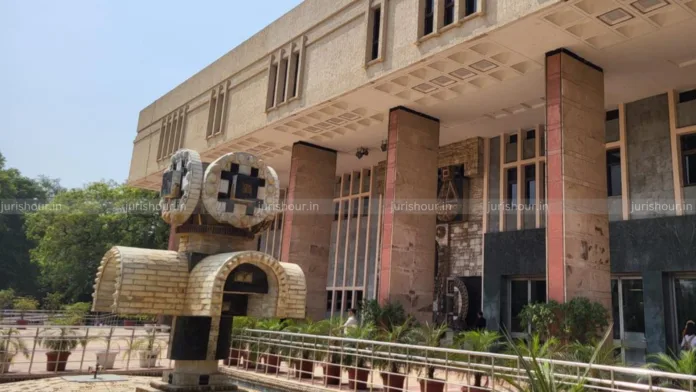The Delhi High Court has clarified on the surviving time period for income tax reassessment notice.
The bench of Justice Yashwant Varma and Justice Harish Vaidyanathan has provided clarity on the computation of the surviving time period for issuing reassessment notices under the Income Tax Act and interpreted the Judgment of the Supreme Court’s Judgment in Union of India v. Rajeev Bansal.
The bench held the key exclusions to be the Period from March 20, 2020, to June 30, 2021 on account of TOLA extension. The Period from the Date of Issuance of the Original Notice to the Date of the Supreme Court’s Decision in Ashish Agarwal on May 4, 2022. The Period for Furnishing Objections by the Assessee.
The bench stated that any 148 notices issued beyond the date arrived at after accounting for above exclusions has been held to be barred by limitation.
The various writ petitions and which principally relate to reassessment actions commenced with respect to AYs 2013-14 and 2014-15, however, would also have to be examined and the challenge assessed in light of the provisions of Section 3 of Taxation and Other Laws (Relaxation and Amendment of Certain Provisions) Act, 2020 as well as the judgment of the Supreme Court in Rajeev Bansal and which had not only examined the impact of its decision in Union of India and Ors. v. Ashish Agarwal as well as the fallout of the curative steps which the respondents had taken in compliance with the liberty that was granted in Ashish Agarwal so as to salvage various reassessment notices.
The Supreme Court in Rajeev Bansal has exhaustively examined the impact of its judgment in Ashish Agarwal viewed in the context of the Third Proviso to Section 149(1) as well as the period liable to be excluded in light of Section 3 of TOLA. The Supreme Court has ultimately held that the period between 20 March 2020 to 30 June 2021 would clearly be entitled to be excluded for the purposes of answering the question of limitation for commencement of reassessment action. This it held in light of the statutory command of Section 3(1) of TOLA.
In Rajeev Bansal, it was further declared that the period between the date of issuance of the impugned reassessment notices (if falling between 20 March 2020 to 30 June 2021) up to the date of the decision rendered by the Supreme Court in Ashish Agarwal, and that being 04 May 2022, would also be liable to be excluded in light of the Third Proviso to Section 149(1).
The third period which was factored in was the date when material in support of the formation of opinion of income having escaped assessment would have been provided to the assessee and the time for furnishing of objections, and which too as the Supreme Court holds in Rajeev Bansal is liable to be excluded.
The court held the the concerned AOs shall consequently pass a reasoned and speaking order dealing with the impact of the judgments referred to above upon the impugned reassessment notices and in the manner indicated in paras 27 and 28 of this order. That decision shall thus render a finding on whether the impugned reassessment notices would survive or be liable to be recalled. It shall be open to the writ petitioners to assail any adverse orders that may come to be passed pursuant to the above in accordance with law.
Case Details
Case Title: Kanwaljeet Kaur Versus ACIT
Case No.: W.P.(C) 3908/2023 & CM APPL. 75406/2024
Date: 04 February 2025
Counsel For Petitioner: Sr. Adv. Kunal Tandon
Counsel For Respondent: Debesh Panda

